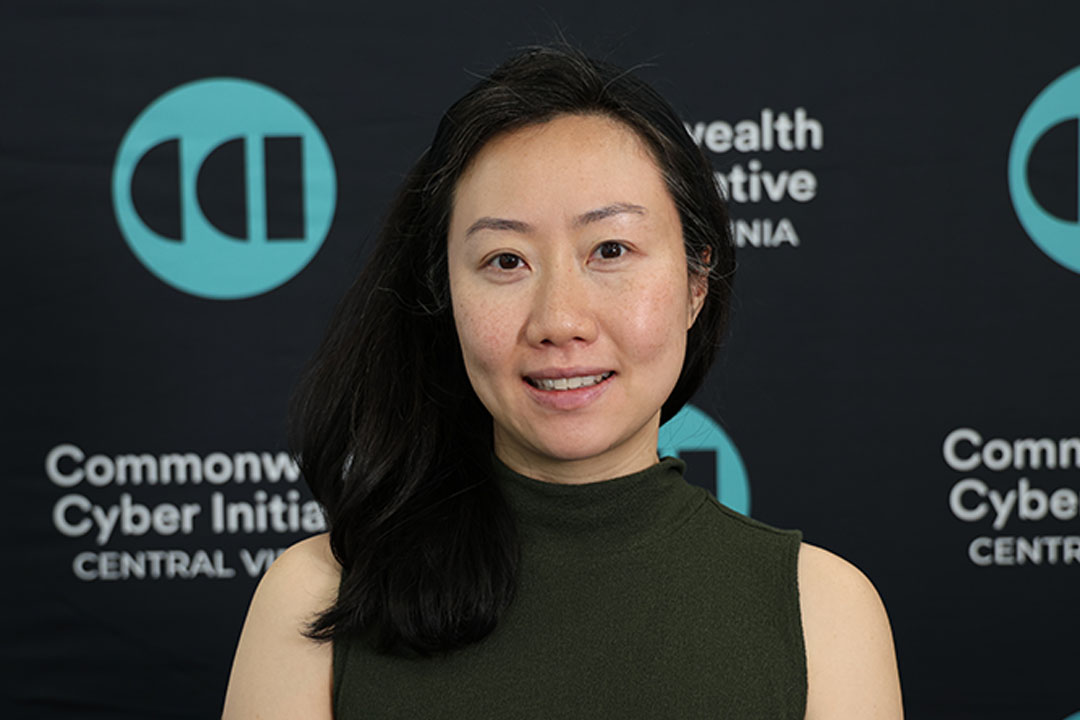
Sara Riggs Ph. D.
- Location:University of Virginia
- Position:Associate Professor
- Focus:Human-Machine Interactions
Sara Riggs Ph. D.
If I were to capture the essence of my work in a newspaper headline, I’d say…
“I design displays/technology to support human-technology interaction.“
Background
My research focuses on task sharing, attention management, and interruption management in complex environments that have included aviation, healthcare, military operations, and manufacturing. These work environments impose considerable and continually increasing attentional demands on operators by requiring them to work symbiotically with automation and technology. As such, they are required to divide their mental resources effectively amongst numerous tasks and sources of information. It is critical to consider cognitive ergonomics and systems engineering to support the design of interfaces that can present the right information at the right time. I currently have ongoing research on the following topics:
- Multimodal displays. One of the main focuses of this lab is how to address visual data overload in various data-rich environments. A promising means of addressing this challenge is the introduction of multimodal interfaces, i.e. interfaces that distribute information across different sensory channels which include vision, audition, and touch (with a focus on the latter). The broad research goals are to identify what types of information is best presented with each sensory channel and under what contexts.
- Adaptive displays. The operator demands and subsequently the information needed by the operators is always changing in complex environments. The goal here is to develop interfaces that adjust the nature of information presentation in response to various sensed parameters and conditions. For instance, considering user preference, task demands, and environmental conditions.
- Cognitive limitations. The design of displays will be compromised if their design does not consider the limits of human perception and cognition. For example, one phenomena of interest is change blindness, i.e. the surprising difficulty people have in detecting even large changes in a visual scene or display when the change occurs with another visual event.
My research been funded by the National Science Foundation, Agency for Healthcare Research and Quality, Air Force Office and Scientific Research, and National Institutes of Health with research expenditures totaling over $6 million. I am also the recipient of the NSF CAREER Award and the 2016 APA Briggs Dissertation Award.